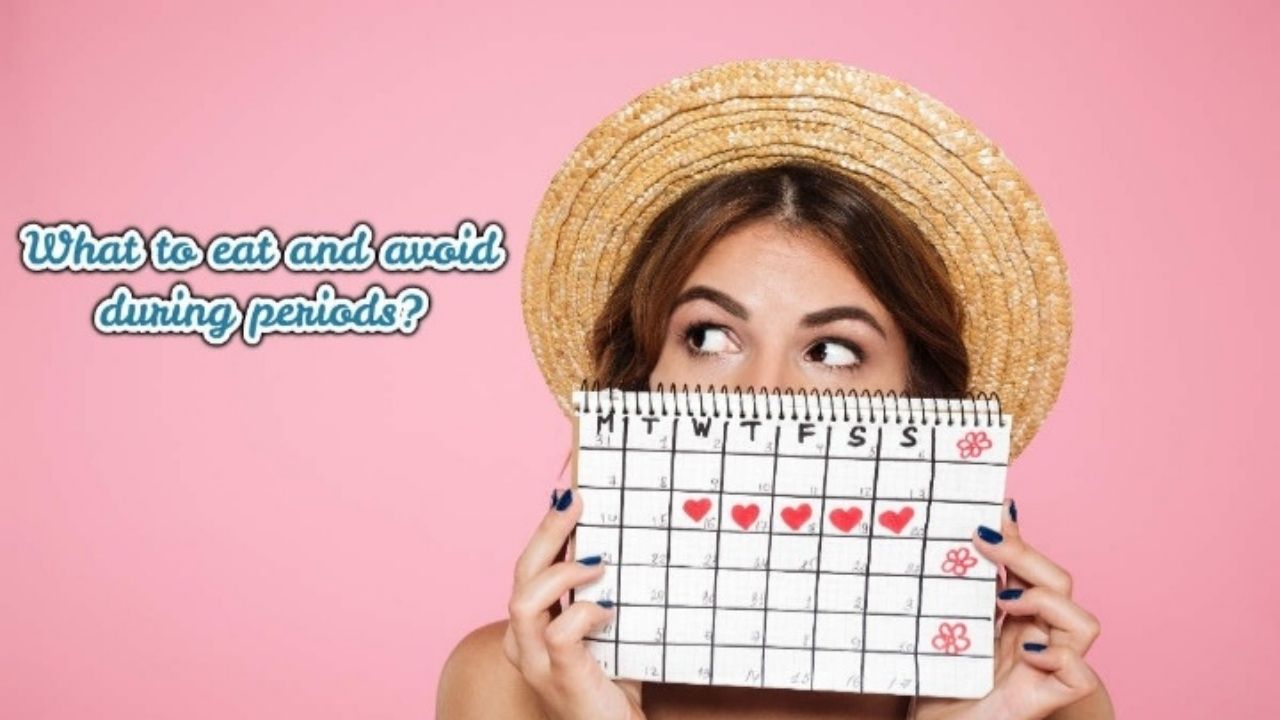During periods girls face some health issues like cramps, bloating, headaches and fatigue. During this cycle, the body needs rest, and proper nourishment before the periods and after periods so that girls do not feel weakness or dizziness.
To a large extent, Diet and nourishment play a vital role in controlling period-related issues and giving relief to women.
Hormonal changes are there every month and are very common but charging the body is equivalent crucial before, during and after the days. Nourishment to the body is required as women face lowered Follicle Stimulating Hormone (FSH) and Luteinizing Hormone (LH) with oestrogen and progesterone levels. “PMS is most likely to happen during this cycle, but when it happens it triggers things like bloating, cravings, sudden mood swings, irritation, fatigue” health experts explained.
Before your periods start:
Another important point is to keep yourself hydrated all the time to prevent nausea. Avoid eating excess salt as it can lead to water retention that can cause a bloated stomach during your period.
Eat fewer meals and be lightweight as it can upset your stomach and even cause acid reflux which will trigger vomiting, stomach pain.
What to do during periods:
The first day of your cycle is a bit painful as your energy levels get lowered. To regain the energy level and to switch mood consume relief causing foods to stay away from any kind of discomfort.
What to eat: Add iron and magnesium-rich foods sources such as whole grains, fatty fish, and yoghurt.
Teas like hot peppermint or ginger tea will give you relief from the pain. Drink 5-6 glasses of water and be physically active. Go for a walk, do meditation or perform yoga as it will divert your mind.
After menstruation cycle ends:
When the menstruation cycle comes to an end the levels of oestrogen increase in the follicular phase and trigger the release of LH, and the process of ovulation begins around the 14th day. At this time even a proper diet is required especially for women who are trying to conceive.
What to eat: It’s high time to include B vitamins, lean proteins, and calcium in your diet. Even foods rich in iron like meats, spinach, dark leafy greens, and dairy are helpful.
You can also add oats, brown rice, fruits, veggies, as well as fibre-rich dietary sources like flaxseed, nuts, seeds, whole grains and cereals are useful.
In these three phases, movement and hydration are equally mandatory.

 हिंदी
हिंदी






